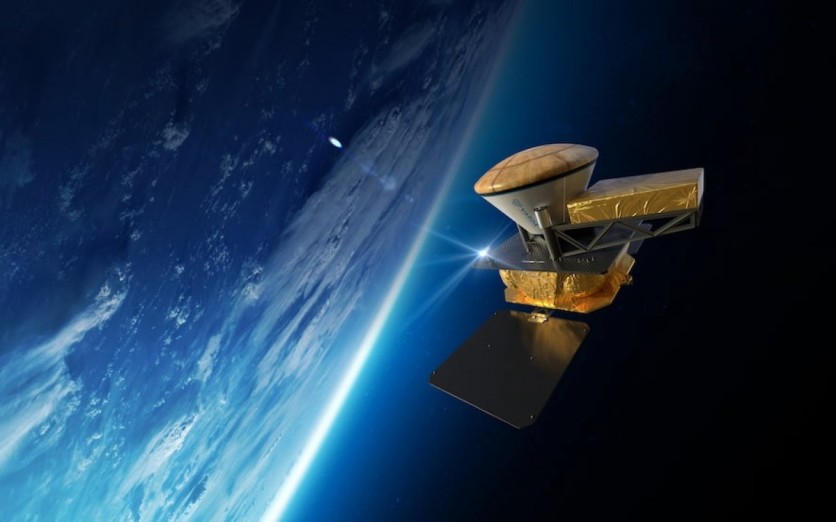Varda Space Industries has recently deployed its W-Series 1 satellite to space, acting as a "space drug factory." This new satellite from the California-based startup is looking into utilizing microgravity found in orbit to explore alternative drug manufacturing methods.
There are several studies behind microgravity and how it helps make drug development easier and faster, a feat researchers cannot do on Earth, with Varda Space looking to test this in an actual setting.

Varda Space Industries Launches its 'Space Factory' to Orbit
Varda Space Industries had announced via its Twitter account that it had already deployed its satellite which is dubbed "the world's first space factory," after the launch earlier.
W-Series 1 Satellite has DEPLOYED!! pic.twitter.com/di13aAR1Je
— Varda Space Industries (@VardaSpace) June 12, 2023
The company went on to hitch a ride in SpaceX's Falcon 9 on Monday, launching from Vandenberg Space Force Base in California. The Transporter-8 mission is a rideshare flight meant for carrying satellites and other payloads to reach their destination in space.
It is known that Varda's heads were former employees at SpaceX but decided to form a new space company. Varda's W-Series 1 satellite is housed within a Rocket Lab's Photon satellite that will help power, provide communications and propulsion, and help the company in controlling the space factory.
Pharmaceutical Manufacturing in Microgravity
The main goal of the W-Series 1, a.k.a. the world's first space factory, is to manufacture drugs and other pharmaceutical materials while in microgravity. Microgravity in space is reportedly the best way to accelerate drug discovery and development as it provides a different environment.
Microgravity Helps in Drug Development
Microgravity, or weightlessness, is reportedly helping advance materials science research as it alters processes ranging from crystal growth to fluid mixing, heat transfer, separating gases and liquids, and combustion, among others.
Astronauts and researchers staying on the International Space Station (ISS) were already testing out several hypotheses or studies. SpaceX has recently launched a Falcon and Dragon spacecraft that brought beating human heart tissue chips to the ISS for testing to determine microgravity's effect on the heart.
Many studies and research were sent to the ISS for this specific matter, but the station is also conducting further studies on other medical issues and queries. One study aimed to know the effects of microgravity on cancer tumors and aging skin cells.
Most of what researchers were trying to learn was about microgravity's effects on the medical field for its progression. Varda also seeks to explore how microgravity can be used to develop drugs that do not have feasible formulations on Earth, like a medicine that can be used to treat HIV/AIDs.
Fox Weather reported that this would be the first experiment operating independently without hands-on intervention.

ⓒ 2025 TECHTIMES.com All rights reserved. Do not reproduce without permission.




